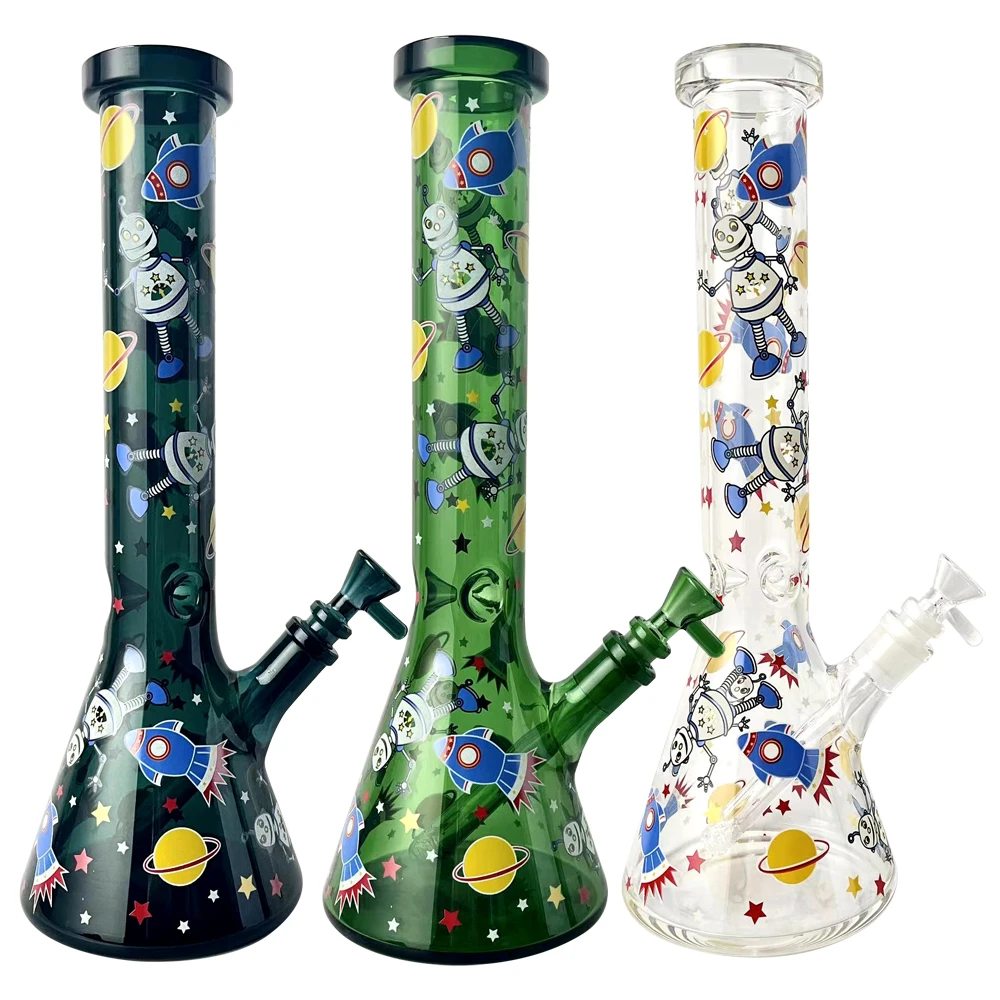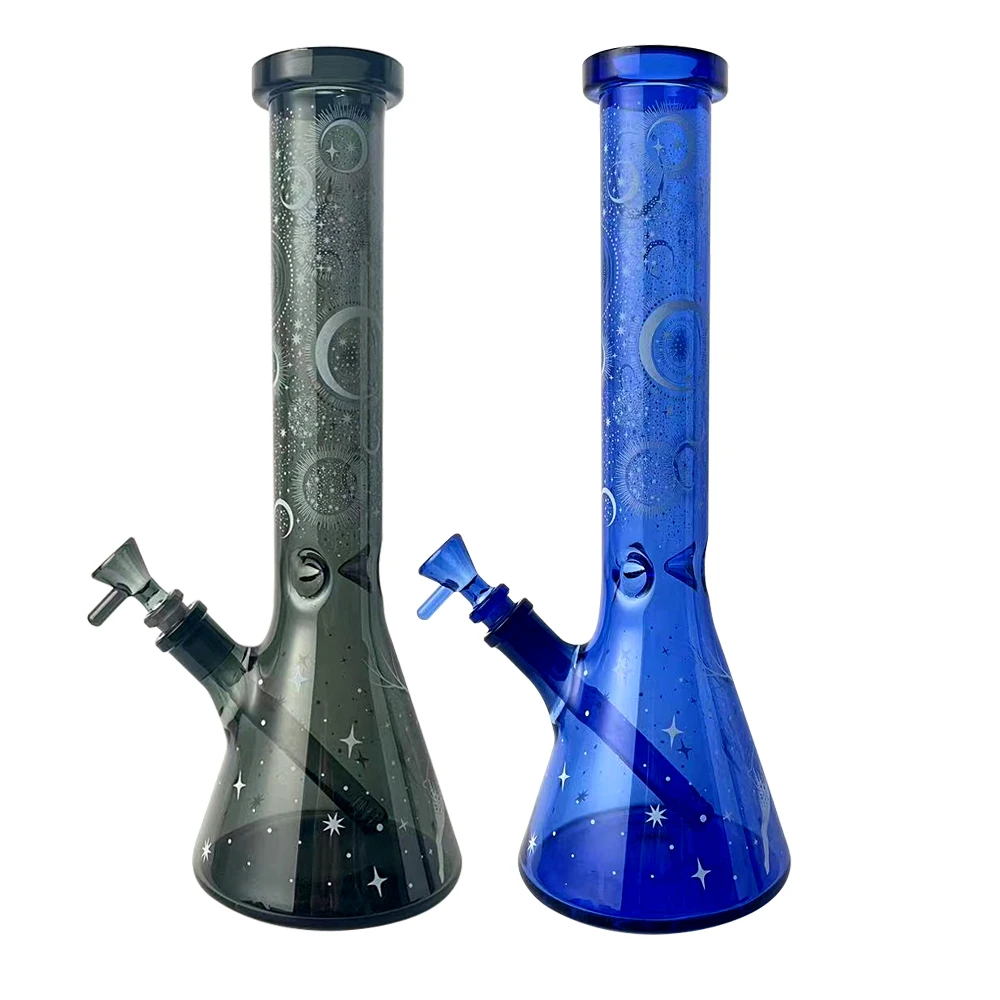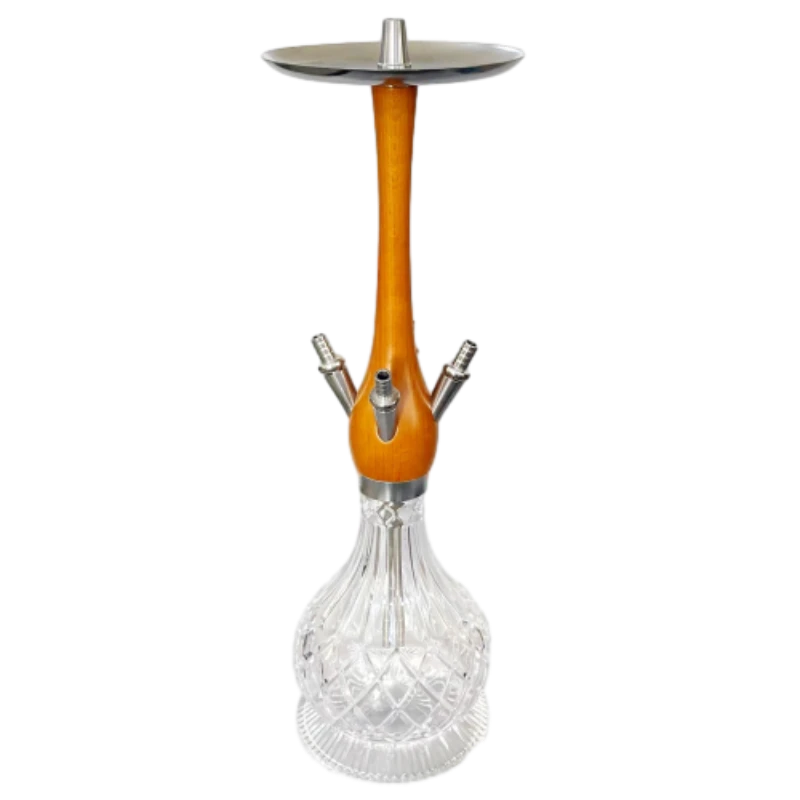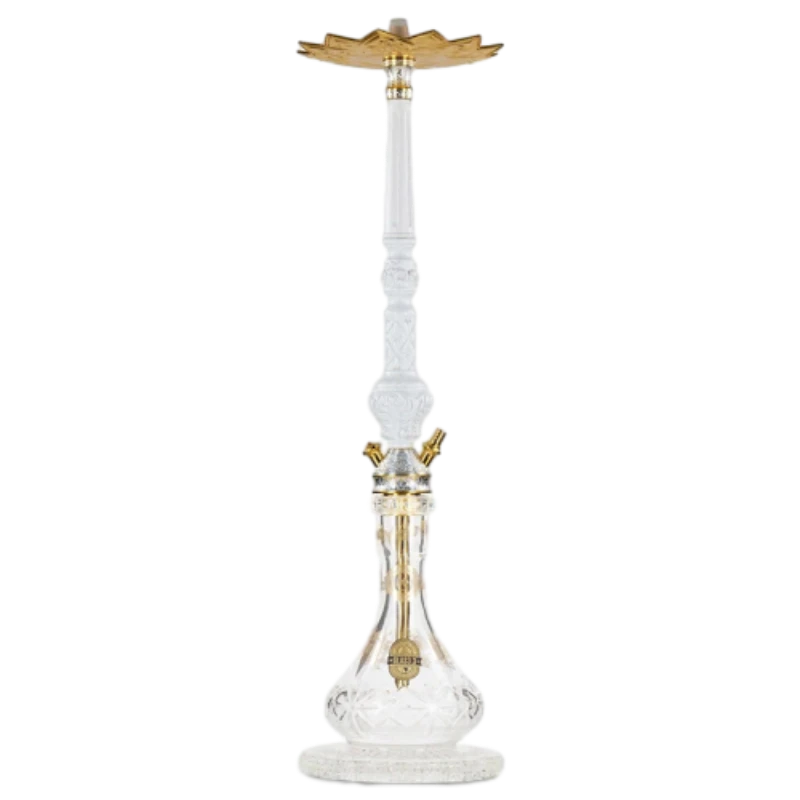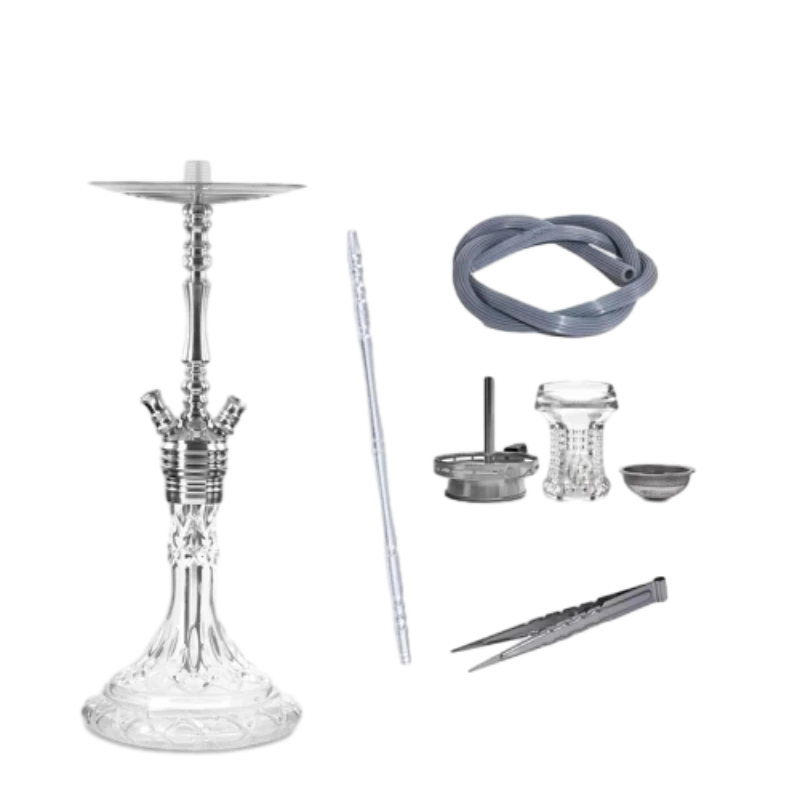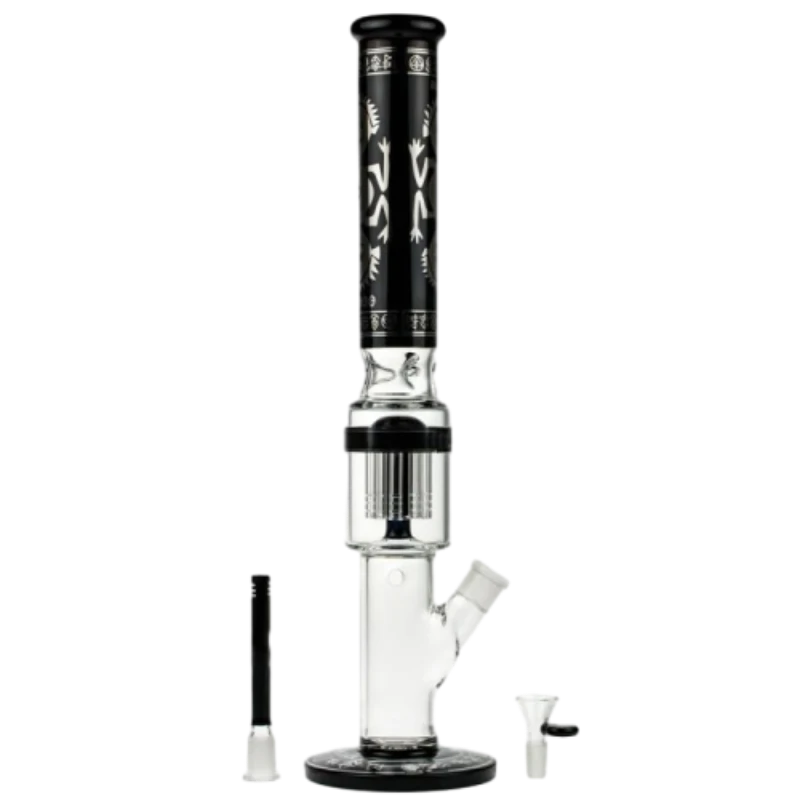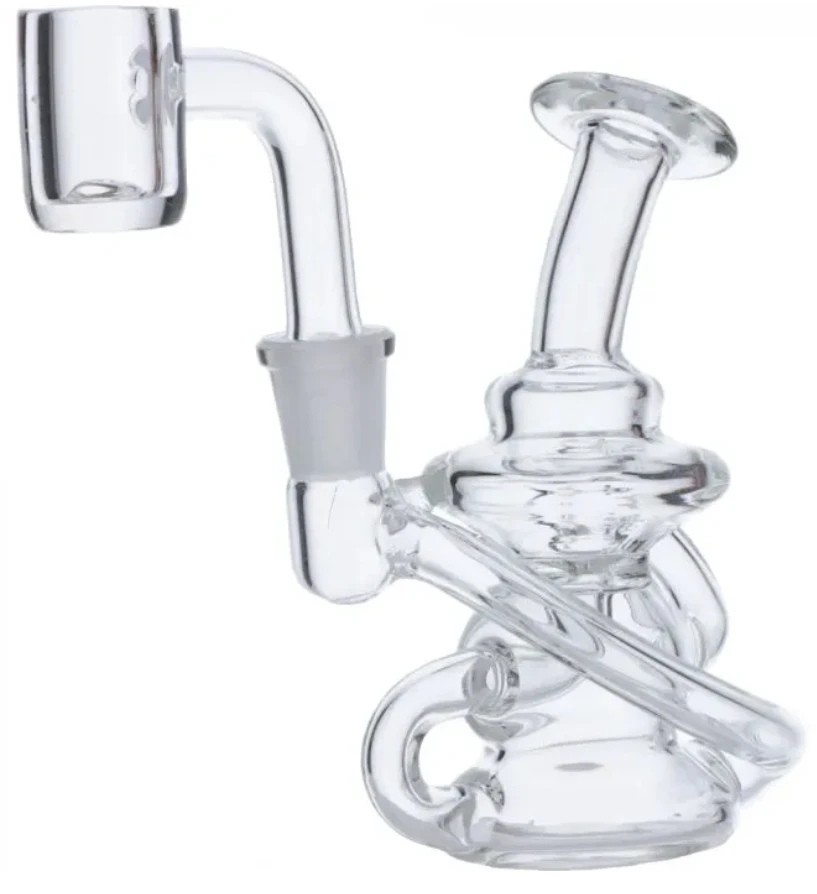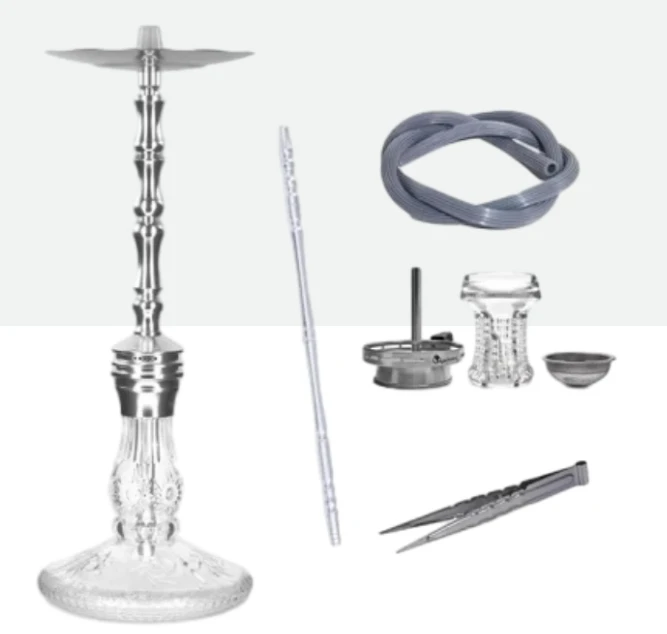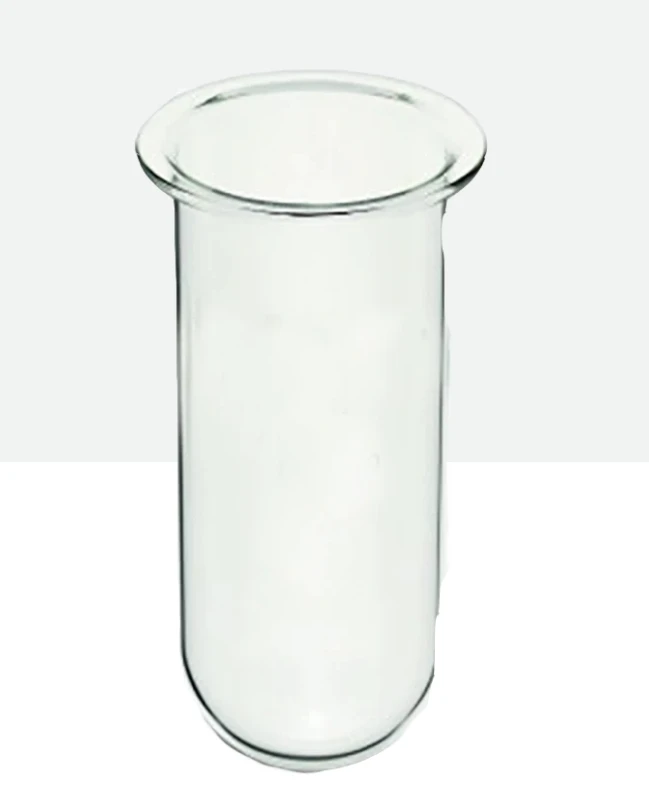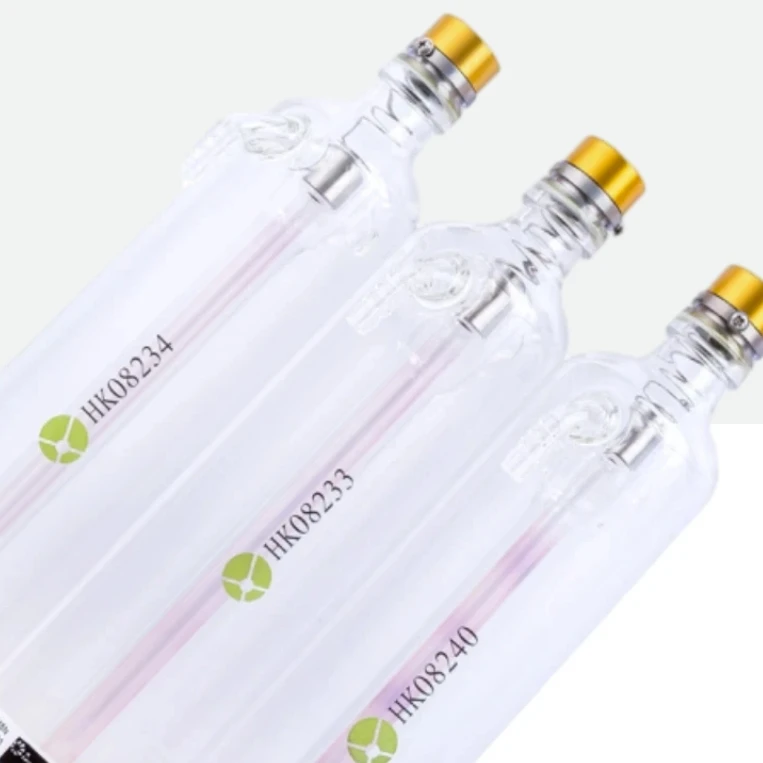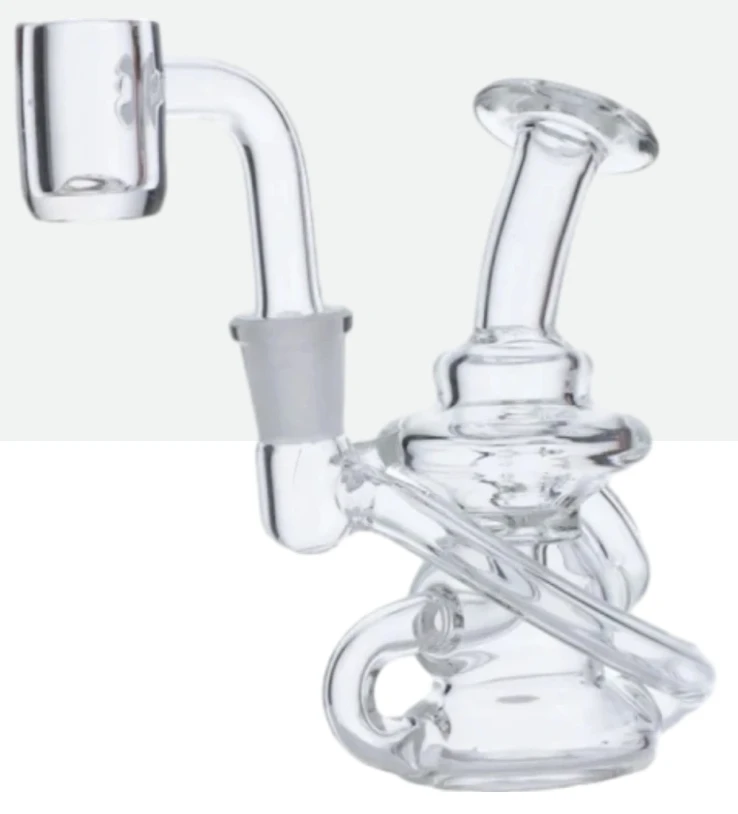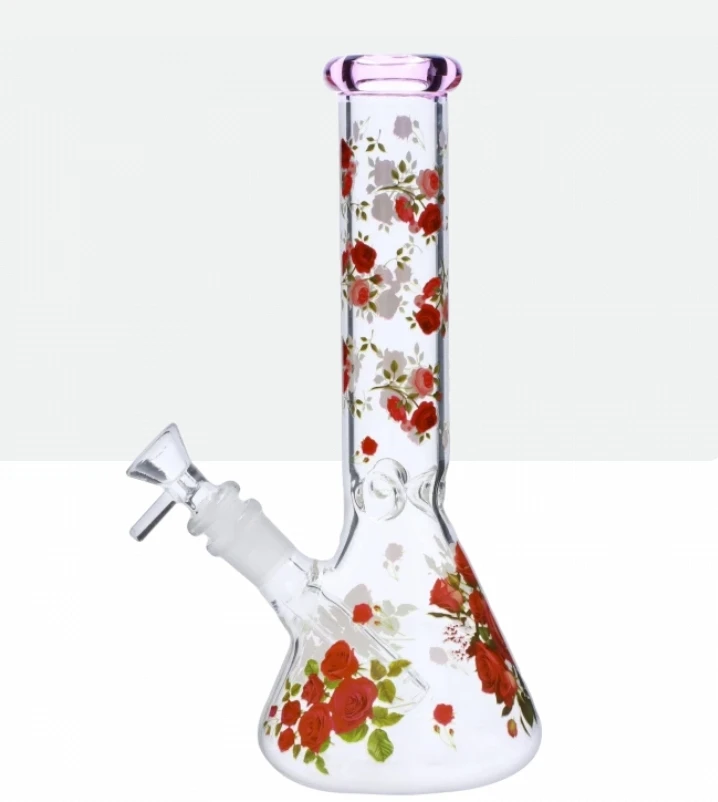- Introduction to hookah smoke
and its popularity - Scientific insights: Composition and health effects
- Examining post-abortion recovery: Can you smoke hookah after an abortion?
- Mental health medications: Can you smoke hookah while on antidepressants?
- Comparative analysis of leading hookah manufacturers
- Tailored solutions and innovative options in modern hookah smoking
- Conclusion: Responsible use and future perspectives of hookah smoke
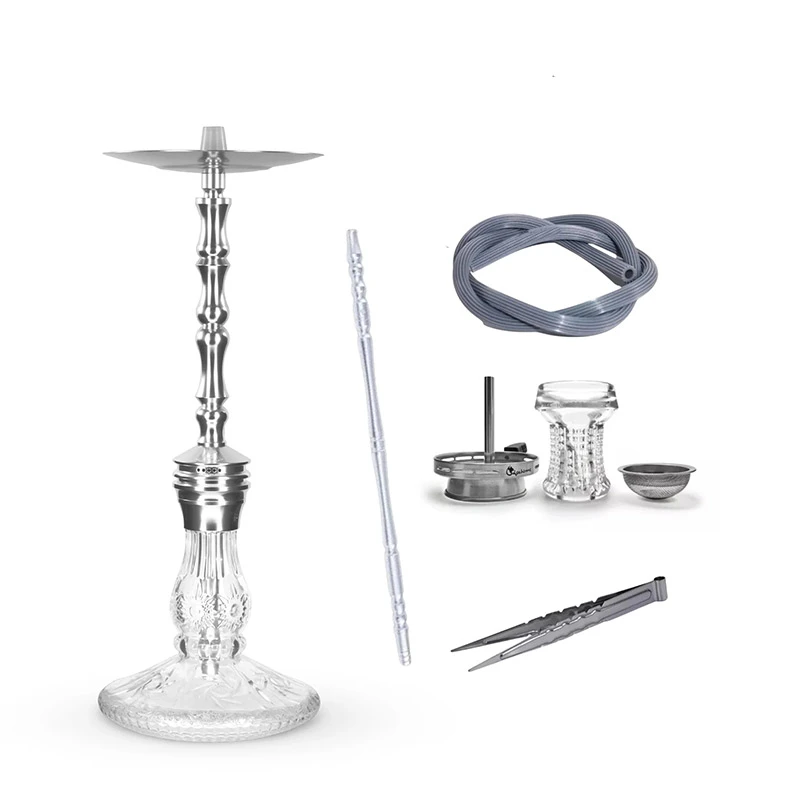
(hookah smoke)
Introduction: The Allure and Global Spread of Hookah Smoke
Hookah, also known as shisha or waterpipe, has become a social phenomenon, particularly among young adults worldwide. According to data from the World Health Organization, global hookah usage has surged by over 40% in the past decade, partly due to its reputation as a cultural experience and a perceived safer alternative to cigarette smoking. Yet, the unique characteristics of hookah smoke, its components, and the associated health implications warrant a closer inspection. This article delves into the makeup of hookah smoke, myths vs. facts, its interaction with specific health conditions, and an in-depth industry comparison.
Scientific Insights: Breaking Down the Composition and Health Effects
Hookah smoke is produced by heating flavored tobacco (mu‘assel), often combined with glycerine, molasses, and various aromatic compounds. The smoke passes through water before inhalation, which is widely (but incorrectly) thought to filter out hazardous elements. Research from the Centers for Disease Control and Prevention shows that a typical one-hour hookah session exposes the user to 90,000 milliliters of smoke versus 500–600 milliliters from a single cigarette.
Main constituents of hookah smoke include nicotine (0.5-1.5 mg per session), carbon monoxide, volatile organic compounds (like acrolein), polycyclic aromatic hydrocarbons (PAHs), and heavy metals (such as arsenic and lead). Despite the water filtration, less than 5% of toxicants are actually removed, contrary to mainstream misconception.
Long-term hookah use can lead to chronic bronchitis, decreased lung function, and is associated with a 2.5-fold increased risk of certain cancers compared with non-smokers. Transmission risk of infectious diseases increases in group settings when mouthpieces are shared.
Recovery Post-Abortion: Can You Smoke Hookah After an Abortion?
The period after an abortion is critically important for physical and emotional healing. Studies published in the Journal of Reproductive Medicine recommend abstaining from all forms of smoking—including hookah smoke—for a minimum of two weeks post-procedure. Smoking can significantly impair the body’s immune response, slow down uterine healing, and increase the risk of post-abortion infections.
Carbon monoxide—a chief component of hookah smoke—compromises oxygen delivery in the blood, significantly delaying tissue repair. A clinical survey found that infection rates post-abortion are 34% higher in women who resume hookah or cigarette smoking within the first week versus those who abstain. For optimal recovery, prioritizing a fully smoke-free environment is strongly advised by health authorities.
Mental Health Medications: Can You Smoke Hookah While on Antidepressants?
A growing number of individuals prescribed antidepressants inquire about the safety of engaging in hookah sessions. Active psychiatric medications, particularly selective serotonin reuptake inhibitors (SSRIs) and tricyclics, interact with cigarette smoke—slowing the metabolic breakdown of medications and potentially altering blood drug concentrations. While peer-reviewed data on hookah smoke specifically remains limited, its similar toxicological profile to cigarettes suggests comparable risks.
Adverse reactions may include increased anxiety, erratic mood swings, or reduced efficacy of antidepressant therapy. Additionally, hookah smoke constricts blood vessels and can interfere with serotonin uptake pathways. Psychiatrists recommend avoiding all forms of tobacco or alternative inhalants while on antidepressants, as reflected in clinical depression treatment guidelines.
Industry Overview: Technical Advantages and Manufacturer Comparison
Technological evolution has significantly influenced modern hookah design, materials, and filtration systems. Innovations range from stainless steel construction, silicone hoses, to magnetic closures and precision airflow controls. Assessing the market’s top-performing brands, we consider criteria such as durability, smoke filtration efficiency, user customization, and after-sales support.
| Brand | Material Quality | Filtration Technology | Customizability | Price Range (USD) | Customer Satisfaction |
|---|---|---|---|---|---|
| Khalil Mamoon | Handcrafted Brass/Stainless Steel | Traditional Water Filtration | Low | $70–$150 | 4.5/5 |
| Mya Saray | Borosilicate Glass, Acrylic Stem | Multi-stage with Ice Chamber | Medium | $100–$300 | 4.7/5 |
| Starbuzz | Aluminum Alloy/Silicone | Vortex Bowl + Carbon Filters | High | $200–$400 | 4.8/5 |
| Oduman | Laboratory-Grade Glass | Closed System, Micro-Bubbles | High | $180–$350 | 4.9/5 |
Oduman and Starbuzz lead in filtration performance and customization, with Starbuzz offering proprietary carbon filtration that reduces particulate emission by up to 17%. Khalil Mamoon remains the traditionalist’s choice, appreciated for artisanal craftsmanship but less advanced in filtration.
Tailored Solutions & Personalized Innovations in the Hookah Experience
In response to rising health awareness, manufacturers now offer modular hookah models with medical-grade silicone hoses, washable components, and advanced “ash catcher” bowls to minimize inhaled tar. Customization features extend to variable bowl depths, ice chiller attachments, and smartphone-enabled LED lighting controls for ambiance.
Businesses in the hospitality sector tailor setups with disposable mouthpieces and automated heat regulators, reducing contamination risks and streamlining inventory management. For private users, online configurators let customers mix and match base shapes, stem colors, and even commission engraved glass sets. Such solutions are particularly valuable in corporate lounge settings and luxury event management, where hygiene, reliability, and aesthetics converge.
Recent case studies show that cafes implementing filtered-hose systems reported a 22% reduction in customer complaints related to smoke harshness and a marked increase in session durations.
Conclusion: Navigating the Future of Responsible Hookah Smoke Enjoyment
As the culture around hookah smoke continues to change, understanding its health ramifications and technological advancements becomes increasingly vital. From post-abortion care to the management of mental health conditions, responsible decision-making is essential. Modern users are empowered with more data-driven insights and customizable options than ever before. Choosing reliable manufacturers and leveraging hygienic, technically advanced components can meaningfully enhance safety and satisfaction. As the industry evolves, ongoing research and smart innovations will play an integral role in shaping a safer, more informed future for hookah enthusiasts worldwide.
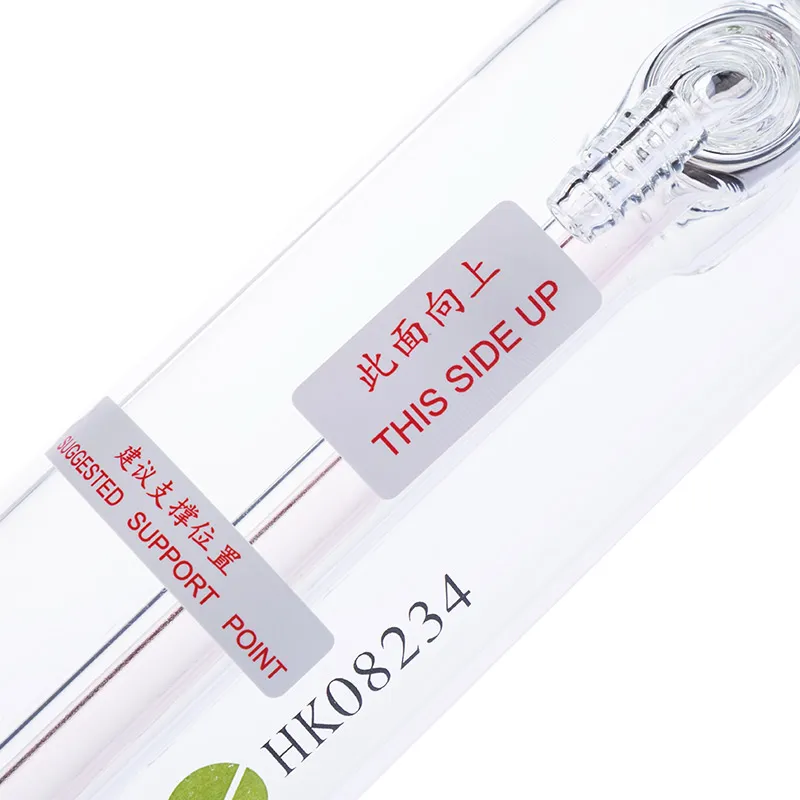
(hookah smoke)








